Two big differences
The capture of Ishmael is an unprecedented case in military practice. Indeed, "not Ishmael, but the Turkish army was exterminated in extensive fortifications." Not only were the walls overcome, which were considered to be an insurmountable obstacle, defended by a numerous brave adversary, but the army that sat down behind them was also destroyed. After such a convincing Victoria, it became necessary to comprehend how incredible success was achieved.
The explanations usually boil down to basically two points. They say that Suvorov developed an extremely original idea of mastering the fortress. However, in reality, the disposition of the commander, even if you read it with passion, is extremely simple and was based not only on all sorts of military wisdom, but on common sense.
In addition, it tells about some special innovations in the combat training of Russian soldiers on the eve of the assault. In particular, in the course of the legend, according to which Alexander Vasilyevich ordered, de build ramparts and dig ditches like Izmail and at night “wonder-heroes”, under the leadership of Suvorov, learned to overcome them. But here's a bad luck: the height of the ramparts reached 9-12 m, it was surrounded by a moat about xNUMX m wide and 12-6 m deep (in places with water to the shoulders). To train troops, it is necessary to equip the place of employment at least for the battalion (or better for the regiment). It now remains to estimate what the length of this section will be along the front, take a pencil, a calculator and calculate the amount of engineering work required. Then draw up a schedule for the withdrawal of units to the corresponding exertions. The most important thing is not to forget that for everything about everything Suvorov had eight days and with the entrenching instrument at that time things were no less bad than two centuries later. If all of the above mentioned are taken into account, the stories about the fortifications, identical to those of Izmail, will no longer look so convincing.
What really happened? Turn to the facts.
When the news came to the Russian camp near Ishmael that Suvorov was appointed the commander of the troops gathered to storm the fortress, this news, like a spark, circled companies, squadrons, hundreds, batteries. Contemporaries say: everyone came to life, everyone knew how the siege would end. “As soon as Suvorov arrives, the fortress will be taken by storm,” said the soldiers, officers, generals.
And now let's imagine the mood in the units of the United Group on the eve of the new 1995, when they were informed about the change of commander. The servicemen were absolutely indifferent who led them - Ivanov or Petrov.
Early in the morning of December 2 1790, breaking over 100 miles, two riders approached Ishmael, spattered with mud: Suvorov and a Cossack who accompanied him, who in a small bundle carried all the property of the 60-year-old chief general. Welcoming firing resounded, the general joy spread in the Russian camp - in the little wrinkled old man was the victory itself!
For comparison, the commander, who also headed the North Caucasian Military District in mid-December 1994, was taken out to the troops from a suburban residence for half a day. Then half a day was spent on the way to the place of dinner and overnight. Not the slightest enthusiasm on the Russian bivouk was observed.
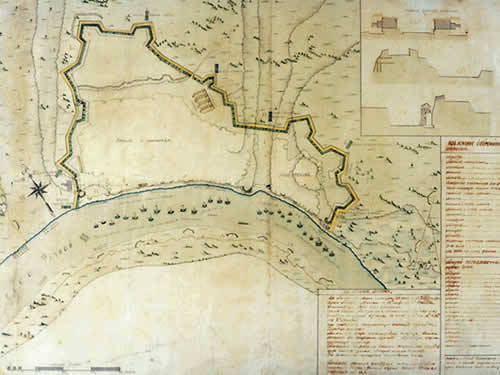
Before the storming, Suvorov walked around the camp, spoke to the soldiers and officers, recalled the previous victories, listed the difficulties of the upcoming attack. “You see this fortress,” he said, pointing to Ishmael, “its walls are high, the moats are deep, but still we need to take it. Mother Queen ordered, and we must obey her. " The simple, lively speeches of the beloved commander, eyewitnesses recalled, inflamed the hearts of people, everyone was eager to show themselves worthy of praise. “We’ll take everything with you!” The warriors enthusiastically answered.
In December, 1994 didn’t notice the commander of the North Caucasian Military District, who was walking along the station, talking to the soldiers and commanders. And even more so no one promised him: “We will take everything with you!”.
And the last. During the storming of Ishmael, the column of General Mikhail Golenishchev-Kutuzov, attacking the bastion at the Kiliya Gate, trembled under heavy enemy fire, halted movement. Suvorov, noticing this, sent to say that Kutuzov had already been appointed commandant of the fortress and a report on its capture was sent to St. Petersburg. Today they usually do not understand the essence of this episode. Meanwhile, according to the laws of honor of a nobleman Golenishchev-Kutuzov, there was only one of two things left - either to seize the Kiliya gate, or to die in battle.
The current Russian military leader, for sure, in such a case, would have begun to threaten his subordinate with his dismissal from his post, a military court, and execution, finally.
That seems to be just a few comparisons - and what is the difference in the result. On the one hand - a dazzling victory, on the other - indelible shame.
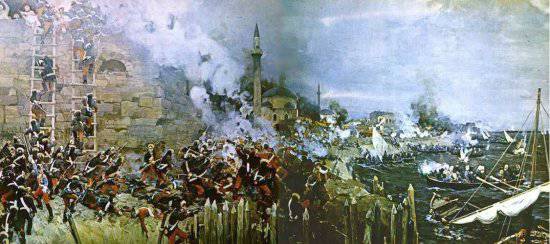
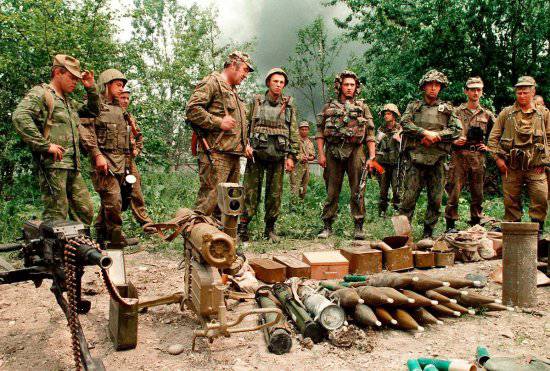
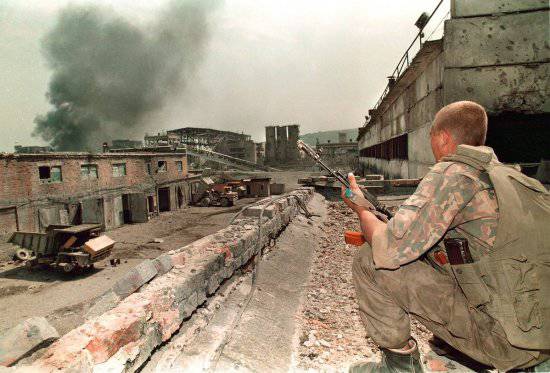
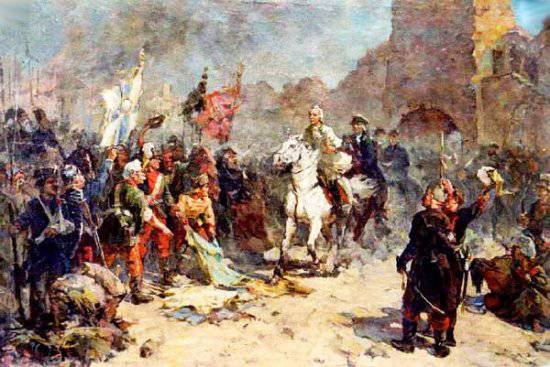
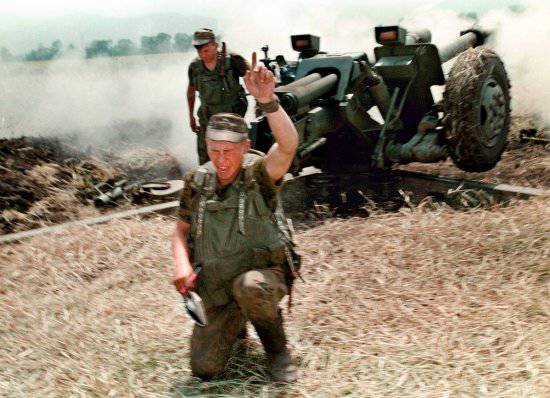
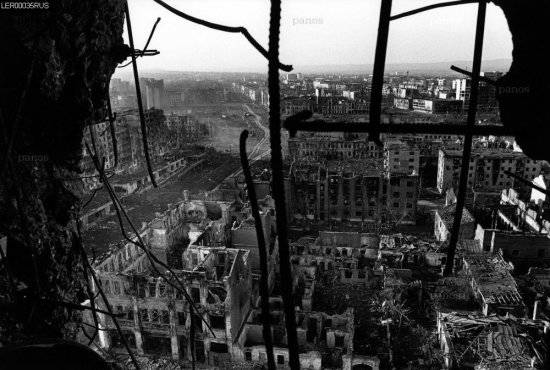

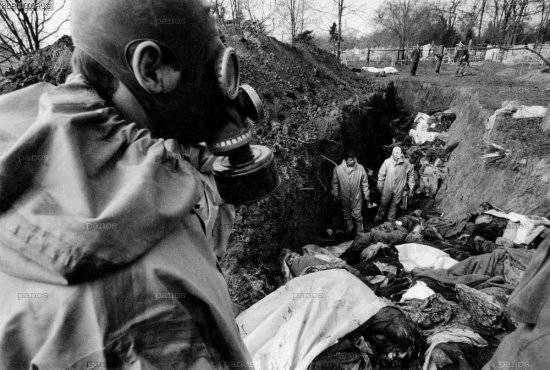
Information